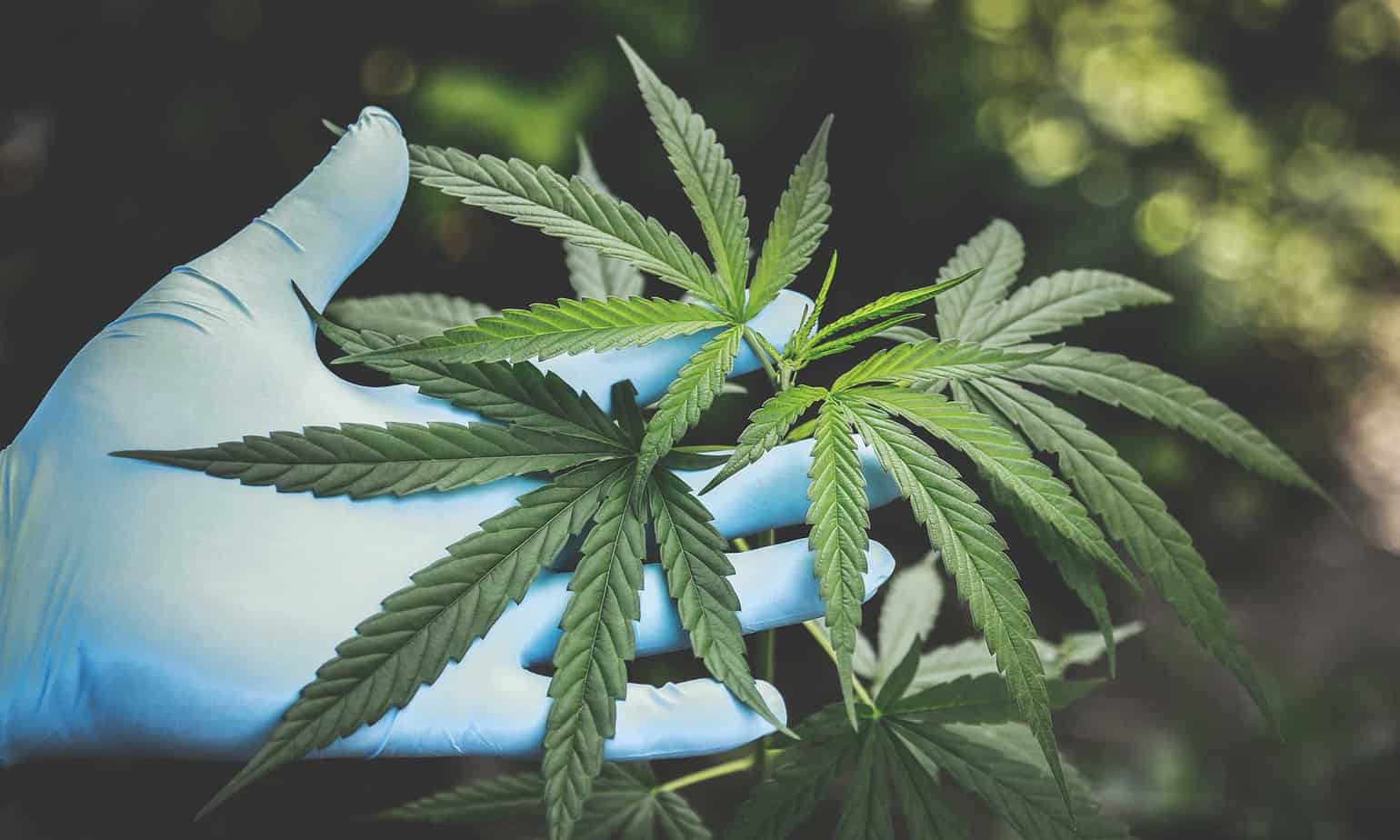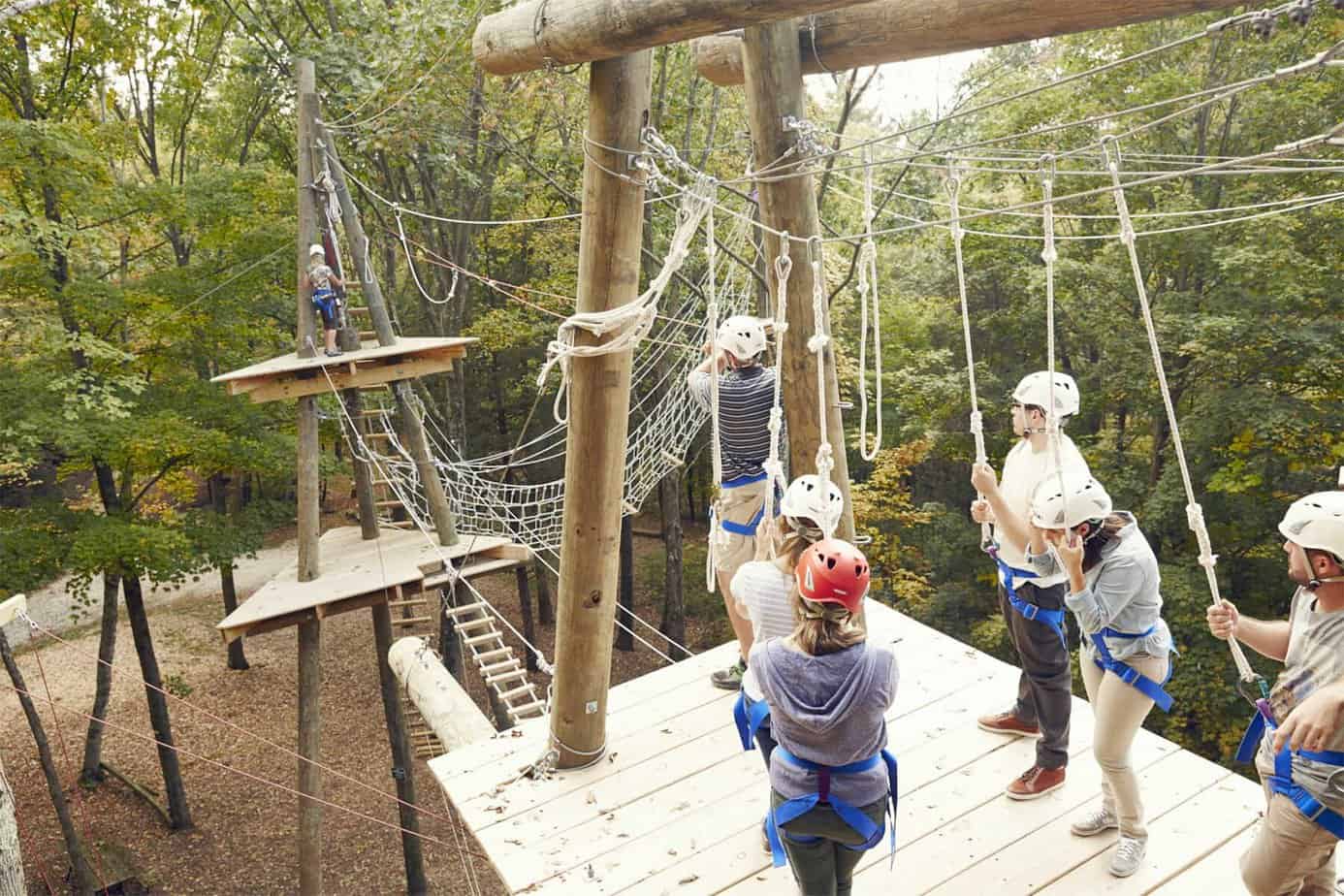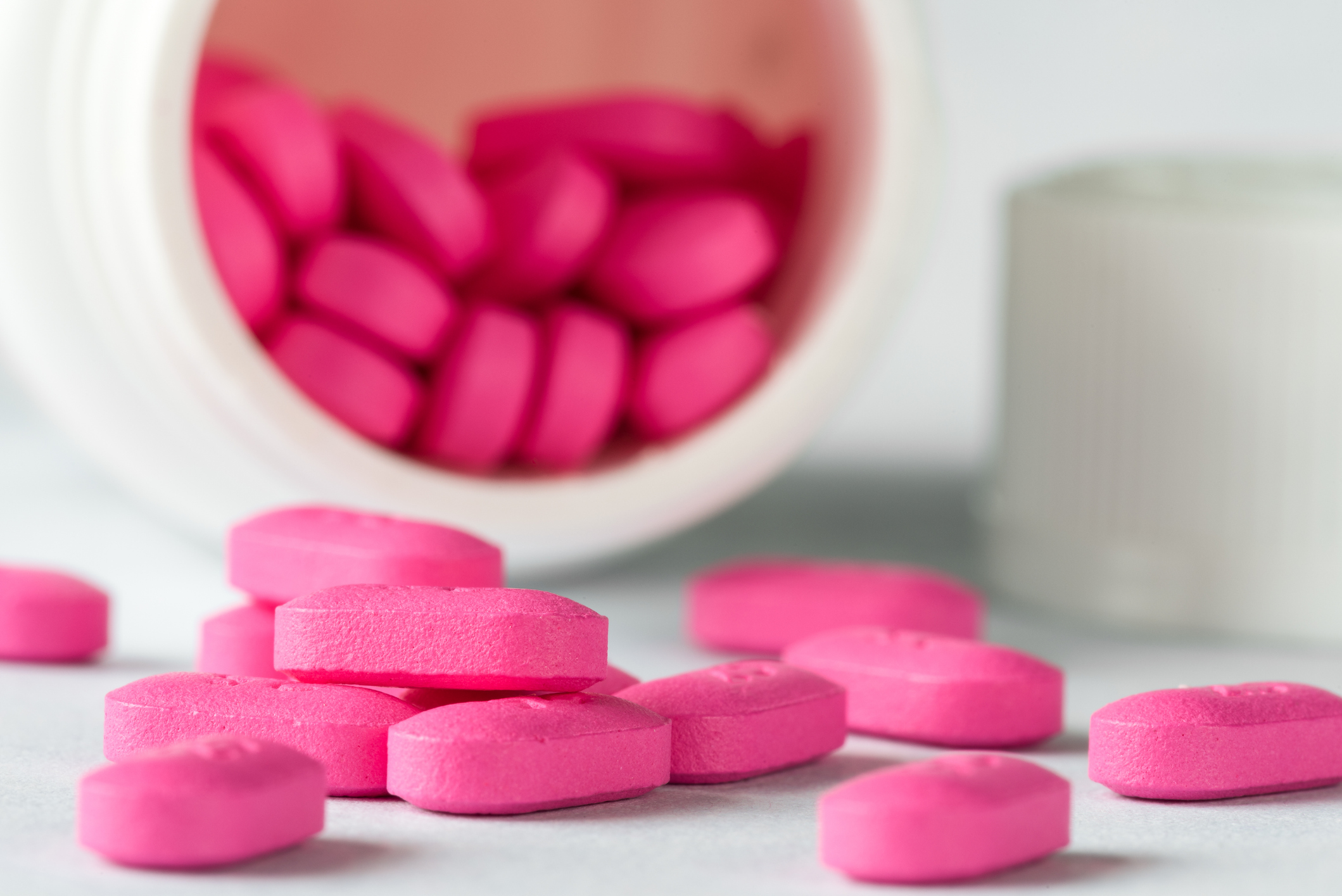In 1996, California became the first state to legalize medical marijuana. In 2012, Colorado and Washington became the first two states to legalize recreational marijuana use. Over the last decade, the stigma surrounding marijuana has significantly dissipated and legal marijuana has become a reality. Recreational marijuana has now reached New England, and medical use is becoming more available in other states. The increase of marijuana-related lawmaking is of no coincidence—there is growing pressure on state governments to consider new policies.
What We Know About Medical Marijuana
There are countless anecdotes that support the use of marijuana for medicinal purposes. From cancer patients to those suffering from seizures, many claim that marijuana has significantly reduced their symptoms. However, there is little to no scientific evidence to support this. According to a report published in 2017 by 16 leading medical experts, when it comes to marijuana’s efficacy for treating nausea, chronic pain, epilepsy, Tourette’s syndrome, A.L.S., Huntington’s, Parkinson’s, irritable bowel syndrome, dementia, glaucoma, anxiety, and depression—there is simply insufficient evidence.
Some researchers say this isn’t because marijuana has no medicinal value, but rather because the barriers to marijuana studies, set by both the Drug Enforcement Administration (DEA) and National Institute of Drug Abuse (NIDA), are so high that it has thwarted research. The lack of comprehensive research isn’t just upsetting to advocates of medical marijuana, but also those concerned about the unknown effects of long-term medical-marijuana use, particularly on those with health and/or age-related vulnerabilities—such as older adults, people with cancer, AIDS, cardiovascular disease, multiple sclerosis, and other neurodegenerative diseases.
There is simply not enough information for anyone to definitively claim that medical marijuana is completely safe and effective, or to even say if in the long run, the pros outweigh the cons. For many opponents of marijuana, the lack of concrete data only magnifies concerns surrounding the increased use of marijuana in the medical field.
Reported side-effects of medical marijuana use include:
- Increased heart rate
- Dizziness
- Impaired concentration and memory
- Slower reaction times
- Negative drug-to-drug interactions
- Increased risk of heart attack and stroke
- Cyclic vomiting syndrome
- Hallucinations or mental illness
- Withdrawal symptoms
“Legalized marijuana is an incredible experiment that we are doing,” says Deepak D’Souza, a professor of psychiatry at Yale University. “Industry messaging that marijuana is totally safe is deafening. I can’t compete with that message because it’s all over the place and it’s increasing,” he adds.
A Look at Recreational Marijuana
According to a 2019 survey, two-thirds of Americans now support the legalization of marijuana. Many proponents claim legalization will create jobs, stop racial disparities in legal enforcement, and improve the economy—some data from Colorado, one of the first states to legalize, does support this belief. Others support legalization because they believe that marijuana is completely harmless, something that has yet to be proven. Opponents of legalization worry that widespread use could have detrimental effects on the safety and well-being of society. Impact on health, increase in teen marijuana use, loss of productivity, dependence, and addiction are just some of the concerns.
Marijuana’s Effect on Health
Limited marijuana research makes conclusive evidence for both positive and negative medical side effects hard to come by. While marijuana can’t kill you from an overdose, there is evidence to suggest that long-term marijuana use has a negative impact on the mind and body.
Lung Health
Much like smoking cigarettes, smoking or vaping marijuana poses various risks to lung health, including the forming of air pockets between both lungs, chronic bronchitis, wheezing, and lower respiratory tract infections. According to the American Lung Association, marijuana-only smokers have more healthcare visits for respiratory conditions compared to nonsmokers. But lung health isn’t the only concern; marijuana has also shown to suppress the immune system and increase the risk of opportunistic infections among those who are HIV positive.
Mental Health
For years, studies have linked regular marijuana use to an increased risk of developing psychosis. Most recently, a 2019 study published in The Lancet Psychiatry found that those who used marijuana daily were three times more likely to have a psychotic episode than those who had never used the drug. The risk increased when looking at those who had started smoking at 15 or younger, and those using marijuana with high levels of THC.
The Centers for Disease Control and Prevention (CDC) also warns that heavy or frequent marijuana users are more likely to experience suicidal ideation, social anxiety, and worsened symptoms of bipolar disorder. Continued marijuana use has also shown to cause memory problems later in life.
Cannabinoid Hyperemesis Syndrome
In 2004, a team of Australian doctors began seeing cases of a mysterious illness characterized by severe vomiting and abdominal pain. The patients all had one thing in common: a long history of marijuana use. That illness became known as Cannabinoid Hyperemesis Syndrome (CHS). Why some users develop CHS and others don’t is still unknown.
“The most likely cause is that people using marijuana frequently and in high doses have changes in the receptors in their body, and those receptors become dysregulated in some way, and it starts causing pain,” says Dr. Heard, a physician at the University of Colorado Hospital.
Since recreational legalization passed in the state, marijuana-related emergency room visits have skyrocketed. “It is certainly something that, before legalization, we almost never saw. Now we are seeing it quite frequently,” says Dr. Heard. Fortunately, CHS is not life-threatening and can be cured by stopping marijuana use.
Marijuana’s Impact on Public Safety
“Marijuana has never killed anyone,” say proponents of legalization. While it’s true marijuana has never been labeled as a cause of death, it certainly has been attributed to countless deaths, particularly when looking at vehicle accidents. In Colorado, fatal car crashes have doubled since 2014—the year retail sales of cannabis began in the state. Amanda Hill, a 24-year-old vet tech, is one of the many killed by drivers under the influence of marijuana.
Car accidents are far from the only deadly consequence of increased marijuana availability. According to Dr. Monte, a toxicologist at the UCHealth University of Colorado Hospital, cannabis-related visits for psychiatric problems have increased fivefold in the state. “Bad things can happen when people become psychotic. Here in Colorado, there were actually several people who jumped off balconies. One man shot his wife. That is concerning,” he adds.
Another fear is the increasing number of children being hospitalized after consuming cannabis—which is often sold in edible form as cookies, brownies, and candy. In a study which compared pediatric hospitalizations before and after legalization, data showed a 34 percent increase in cases involving marijuana exposure. The median age of the children hospitalized was two years old.
Edibles aren’t the only concern. Second-hand smoke exposure is too. “There is no reason to believe that [marijuana smoke] is any safer than tobacco smoke exposure,” says Dr. Beuther, a pulmonologist and associate professor of medicine at National Jewish Health in Denver.
Teen Marijuana Use
A point of contention in the marijuana debate is whether legalization would result in more teens using marijuana. After years of legalization, the impact is still unclear. In Colorado, marijuana use among high school aged teenagers decreased. In the state of Washington, it increased. In other states where recreational marijuana is legal, there has been no change in use among adolescents. At the moment, there is simply not enough data to prove causality between legalization and the increase or decrease of marijuana use among teenagers.
While we don’t know if legalization is or isn’t impacting the number of teens using, one thing is clear: teens today are using marijuana differently than before. According to a study by the Journal Pediatrics, more teens are using high-potency cannabis products. And as many as 1.2 million teens are vaping marijuana, which research shows is more dangerous than smoking. This could be due to the decrease in perceived harm. According to a 2018 Youth Risk and Behavior Survey, over the last decade, the number of teens who believe that marijuana is dangerous has significantly decreased. And while sentiments towards marijuana may have shifted, its effects on the teenage brain remain the same. Because adolescents’ brains are still developing, the impact that marijuana has on the brain is more severe in teens than in adults. The effects can be long-lasting and have a deep impact on a teen’s future.
___________________
Related Video:
SHOWN: New York City Council Member (District 3) Erik Bottcher, and Mountainside Chief Medical Officer Dr. Randall Dwenger met at Mountainside NYC in June 2023. Originally recorded by Council Member Bottcher as an educational post for Instagram, the two discussed how the legalization and normalization of marijuana in New York City has led to a spike in addiction issues among teenagers.
___________________
Marijuana Dependence
There is a common misconception that one cannot become addicted to marijuana. In reality, one in ten adults become dependent on the drug, meaning they experience withdrawal symptoms such as difficulty sleeping, irritability, restlessness, loss of appetite, and cravings when they discontinue regular use. The potential of becoming dependent is higher among teens. “The adolescent brain is very sensitive to these kinds of substances, so they continue to use it—and may use it in increasing amounts—and are at risk for developing problematic cannabis use,” says Dr. McCormick, professor of pediatrics at Harvard Medical School.
When compared to other drugs such as heroin or cocaine, withdrawal symptoms associated with marijuana dependence are mild. They are typically not life threatening and rarely require hospitalization, which may be why marijuana addiction is often dismissed. However, marijuana dependence can have serious consequences for the user’s health as well as their daily life, and lead to financial or legal troubles, damaged relationships, and employment problems.
The fear is that widespread legalization of recreational marijuana could lead to more cases of marijuana dependence. A recent study published in the JAMA Psychiatry suggests this could be a very real possibility. When looking at the first four states to legalize—Colorado, Washington, Oregon, and Alaska—researchers found marijuana use, frequent use, and cannabis use disorder increased more than in non-legalization states. However, it is important to note that Madgdalena Cerda, the study’s lead author, is not advocating against legalization. “Legalization has a lot of important benefits from a criminal justice standpoint,” she says. She hopes her study will add to the conversation and help policymakers make informed decisions. “As states legalize marijuana, we need to be measuring public health effects,” Cerdá adds.
Marijuana is likely to remain a controversial topic, partly due to the lack of research on both sides of the argument, but the risks that nation-wide legalization could have on society are hard to ignore. “I think there is a role for medical marijuana, in terms of treating chronic pain,” says Dr. Dwenger, Chief Medical Officer at Mountainside. However, he and many other medical professionals are concerned about the belief that marijuana is harmless.
If you or a loved one is struggling with addiction, Mountainside can help.
Click here or call (888) 833-4676 to speak with one of our addiction treatment experts.

 By
By 







